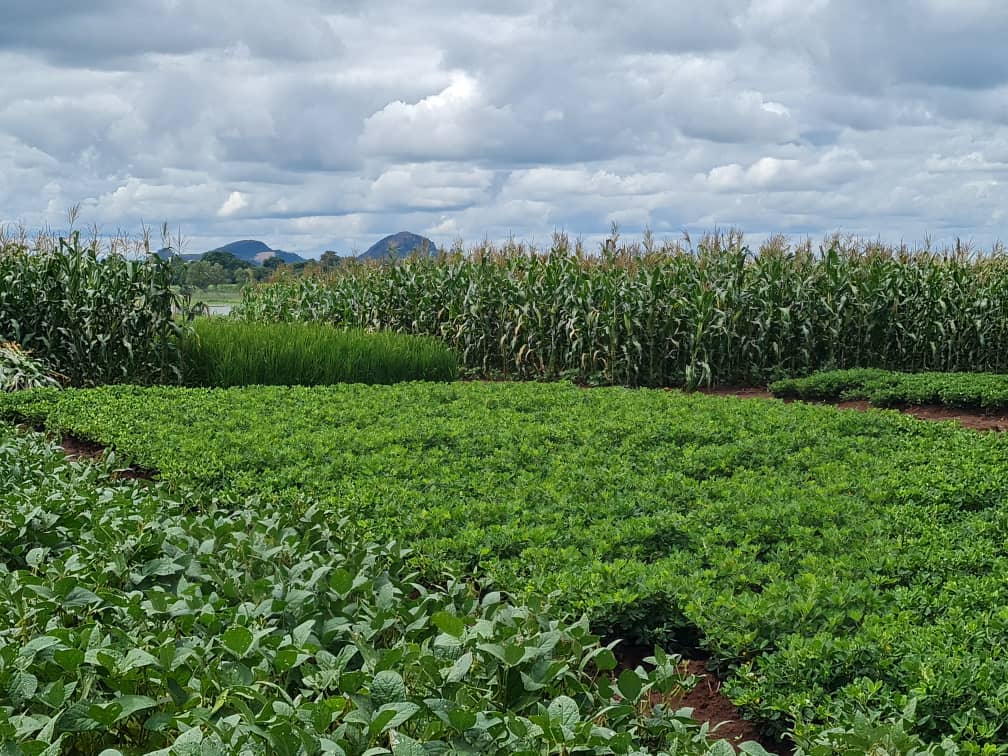This page was last edited on March 1, 2023 at 9:25am.
The global decline of smoking could have many positive health impacts but could bring negative economic consequences to tobacco farmers, many of whom are in developing nations. To address the potential negative agricultural impact of smoking cessation, the Foundation is focused on partnering with agricultural, rural development, and smallholder representatives and individuals to identify alternative livelihoods for tobacco farmers.
The Agricultural Transformation Initiative (ATI), a subsidiary of the Foundation, is spearheading projects and cultivating partnerships in Malawi where tobacco accounts for more than 60% of the country’s total annual earnings and 13% of the economy as measured by the gross domestic product (GDP). The ATI aims to help diversify Malawi’s tobacco-dependent economy, ensuring that smallholder farmers impacted by the declining demand for tobacco are supported to find sustainable alternative livelihoods.

The Centre for Agricultural Transformation (CAT) is an inclusive science, technology, innovation, and business incubation center of excellence whose goal is to transform Malawian agricultural systems through development of new technologies and value chains, partnerships, and income opportunities that support smallholder farmer livelihoods and ease reliance on the tobacco sector.
The MwAPATA Institute is an independent policy think tank in agricultural, natural resources and rural development policy research, providing concrete policy guidance and implementation support for agricultural transformation, and development in Malawi.
Agricultural Transformation Initiative Fellowship and Scholarship Fund
The Institute of International Education’s administered Agricultural Transformation Initiative Fellowship and Scholarship Fund aims at strengthening the capacity of researchers and professionals in Malawi in high priority fields including business, data science, environment, economics, and engineering that will help the country transform its agricultural sector by reducing dependence on tobacco exports.
© 2023 Foundation for a Smoke-Free World. All rights reserved.